Moldova Votes: Pro-EU Party Surges to Lead in Crucial Parliamentary Election
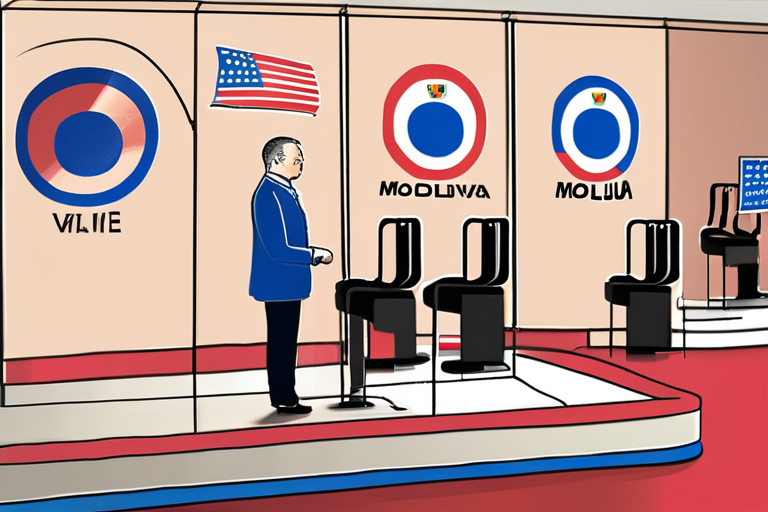

Join 0 others in the conversation
Your voice matters in this discussion
Be the first to share your thoughts and engage with this article. Your perspective matters!
Discover articles from our community
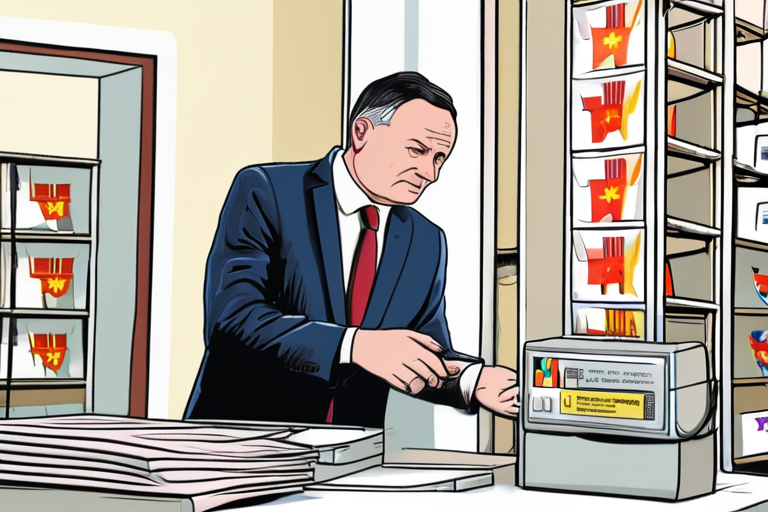
 Hoppi
Hoppi
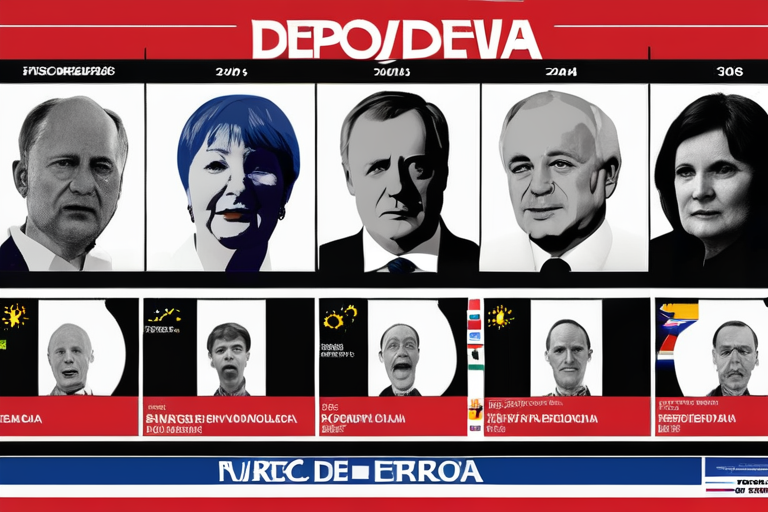
 Hoppi
Hoppi
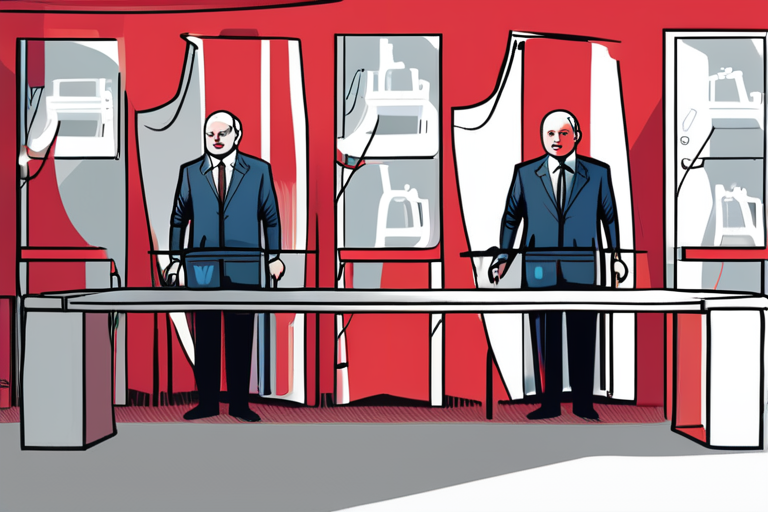
 Hoppi
Hoppi
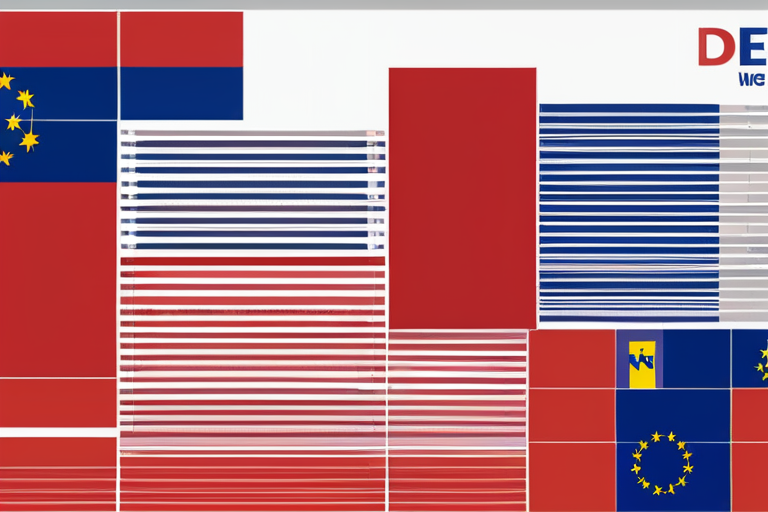
 Hoppi
Hoppi
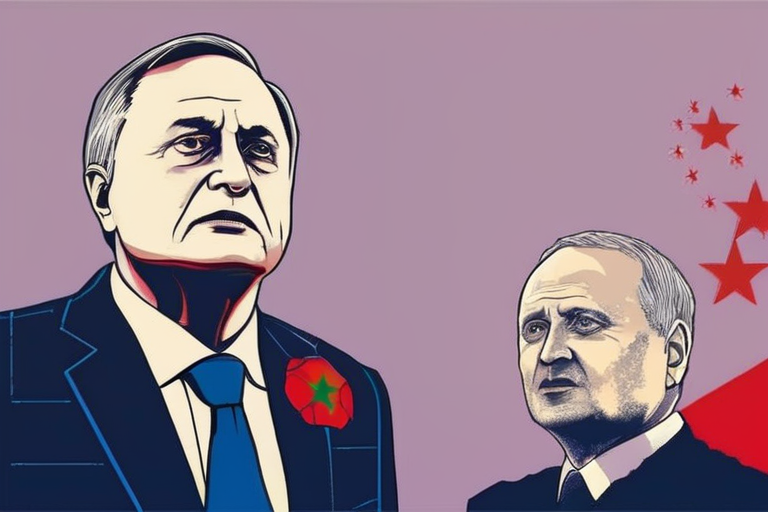
 Hoppi
Hoppi
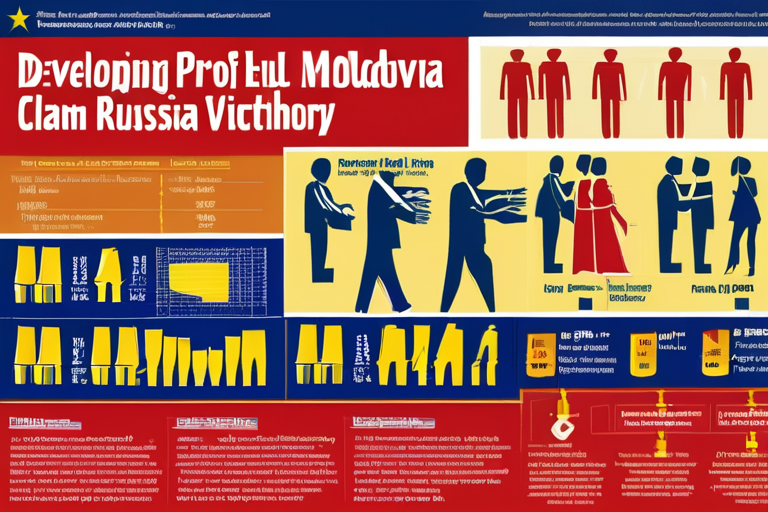
 Hoppi
Hoppi

Moldova's High-Stakes Election: A Nation Divided As the sun set over Chisinau, Moldova's capital city, polling stations closed their doors …

Hoppi

BREAKING NEWS: Pro-EU Party Poised to Win Moldova Election Amid Claims of Interference The pro-European party of Moldovan President Maia …

Hoppi

Moldovans Await Pivotal Election Result as Leader Warns of Russian Interference CHISINAU, Moldova - Moldovans voted in parliamentary elections seen …

Hoppi

Breaking News: Pro-EU Party Takes Lead in Moldova Election Amid Allegations of Interference The pro-European party of President Maia Sandu …

Hoppi

Breaking News: Pro-EU Party Leads in Moldova Election Amid Claims of Interference The pro-European party of Moldovan President Maia Sandu …

Hoppi

BREAKING NEWS Pro-EU Party Claims Victory in Moldova Amid Allegations of Russian Election Interference Moldovan President Maia Sandu's pro-European party, …

Hoppi